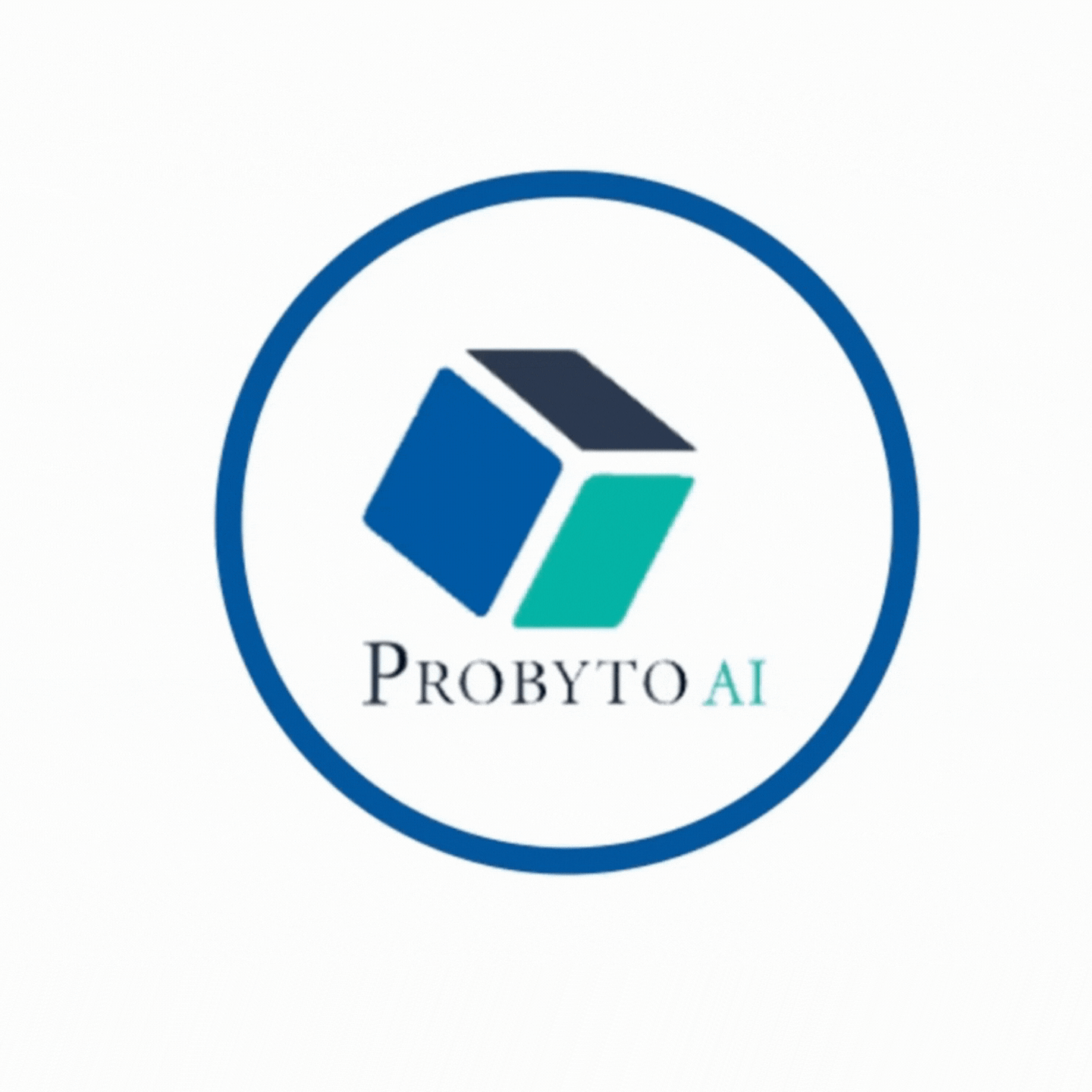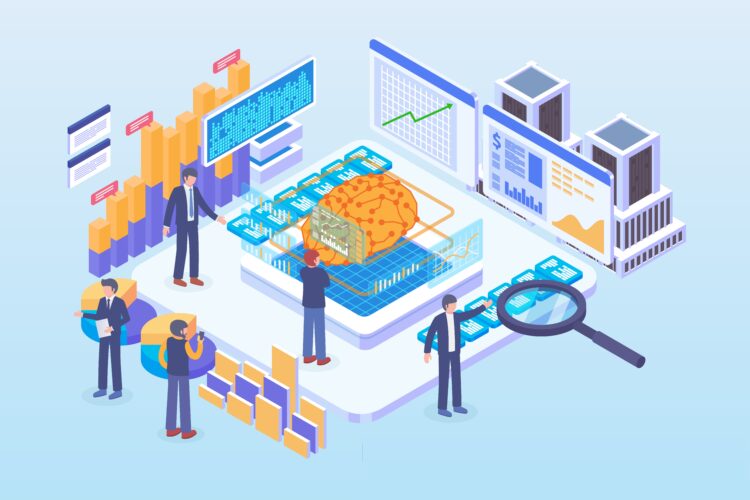What is Business Intelligence (BI)?
In business intelligence (BI), information is separated from data to help organizations determine their direction. By using BI systems, organizations can make more informed business decisions based on their practical and economic outlook. The decision-making process also requires basic business knowledge and this can be easily achieved by Business intelligence services.
Business Intelligence: How Can It Help Organizations?
In addition to email information exchange structures, online entertainment advertising, deals, and buys, organizations gather enormous amounts of information and store it. However, there are a few issues to consider. There are a few people who have access to essential accounting sheets, which can serve as a repository for information. An overabundance of information may overwhelm administrators, resulting in discarded information. Keeping this natural information in its current form would be expensive and useless. The organization won’t be able to use this information in the long run.
BI: How Can It Advantage Organizations?
It is clear that utilizing business intelligence and reasonably storing information offer huge advantages. Five huge benefits should be considered:
- Ongoing Reporting
Through business intelligence programming, workers can get extremely precise report layouts, saving them a great deal of time. A dashboard can then be created, incorporating all reports into one easy-to-use overview, allowing clients to quickly identify areas for improvement. Describe how your company has maintained stability despite challenges and remained competitive.
- Quality Information
It is important for organizations to be able to collect and create dependable, error-free information. Even business intelligence consulting services can help you get a better understanding of what’s happening inside your company by reducing the number of mistakes made during the data collection process.
- Productivity In Activities
Business intelligence programming consolidates information sources in order to increase the efficiency of your organization. The unification of information will save representatives time and effort in searching for different snippets of data, allowing them to prepare reports and analyze information more easily.
- Distinguish Market Patterns
Identifying market patterns and developing a strategy around them will give your organization an edge. The business intelligence apparatuses can be used by representatives to acquire significant market information and to give assessments in a timely manner.
- The Overall Revenue
In order to raise revenues for large organizations, regions are identified for development. It is possible for outreach teams to collect more significant insights into their clients with the data conveyed by BI programming. It is possible to make informed choices about one’s financial plan or which product offerings to purchase based on this knowledge.
- Competitive Examination
BI Businesses can screen the presentation of their competitors, which is helpful in determining an advantage over them.
- ERP Business Intelligence
You will be able to stay up-to-date with (BI) business knowledge integrated with your ERP and avoid responding to obsolete information if you have (BI) business knowledge integrated. In addition to enhancing the buyer experience, these measures will also position your company as more competitive.
- Consumer loyalty Is Significant
The use of BI programming can help you improve your exhibition and provide a superior customer experience. In this way, you will be able to improve client satisfaction and make your organization more competitive.
- Calculating the return on investment
BI It ensures a high return on investment since organizations can screen and quantify corporate exhibitions. According to Harvard Business Audit, associations can increase their change rates by up to 70% when they use insight reports carefully.
- Educated and Quicker Independent Reaction
BI Facilitates associations in making informed decisions for both internal and external purposes very quickly to support them in accomplishing their business goals. To make essential improvements, organizations take into account individual worker performance rather than their KPIs. Although the organization is remote, high-level reports keep the organization updated. Organizations need to consider basic client data because of current and verifiable behavior patterns, along with future patterns and anticipated requests, to drive essential direction.
Overcoming Difficulties in Carrying out Business Intelligence
An organization can effectively choose BI devices based on its particular requirements if it adheres to a carefully crafted work idea. In any case, In spite of the BI’s adaptability, many people experience difficulties embracing it for a variety of reasons.
- Unnecessary database intricacy
Because the reports are complex, finding the data specialists needed is often difficult from the client’s perspective. Due to BI devices’ ability to utilize the majority of their capabilities, there’s a risk of obscuring the core because the remaining capabilities run along as unimportant fat. A distinction should be made between the overabundance of highlights and content and whether they should be barred or disposed of.
- Costly support of the current frameworks
Utilitarian programming has the potential to be useful for several associations. However, the support for the working frameworks and data set frameworks has ended long ago, and hardly anyone can administer, maintain, and use them anymore. The result is that frameworks with more features are usually more expensive than frameworks without them. Even so, new frameworks are often much easier to maintain and provide a great deal more in terms of reliability, accessibility, and versatility. There should be a consideration for replacing old solutions with new ones by those responsible for frameworks.
- Inquiry time is long after the information has been received
An organization can incur a great deal of expense from continual handling. We should aim to make the ETL (Extract, Load, Transform) framework more efficient for dealing with information.


